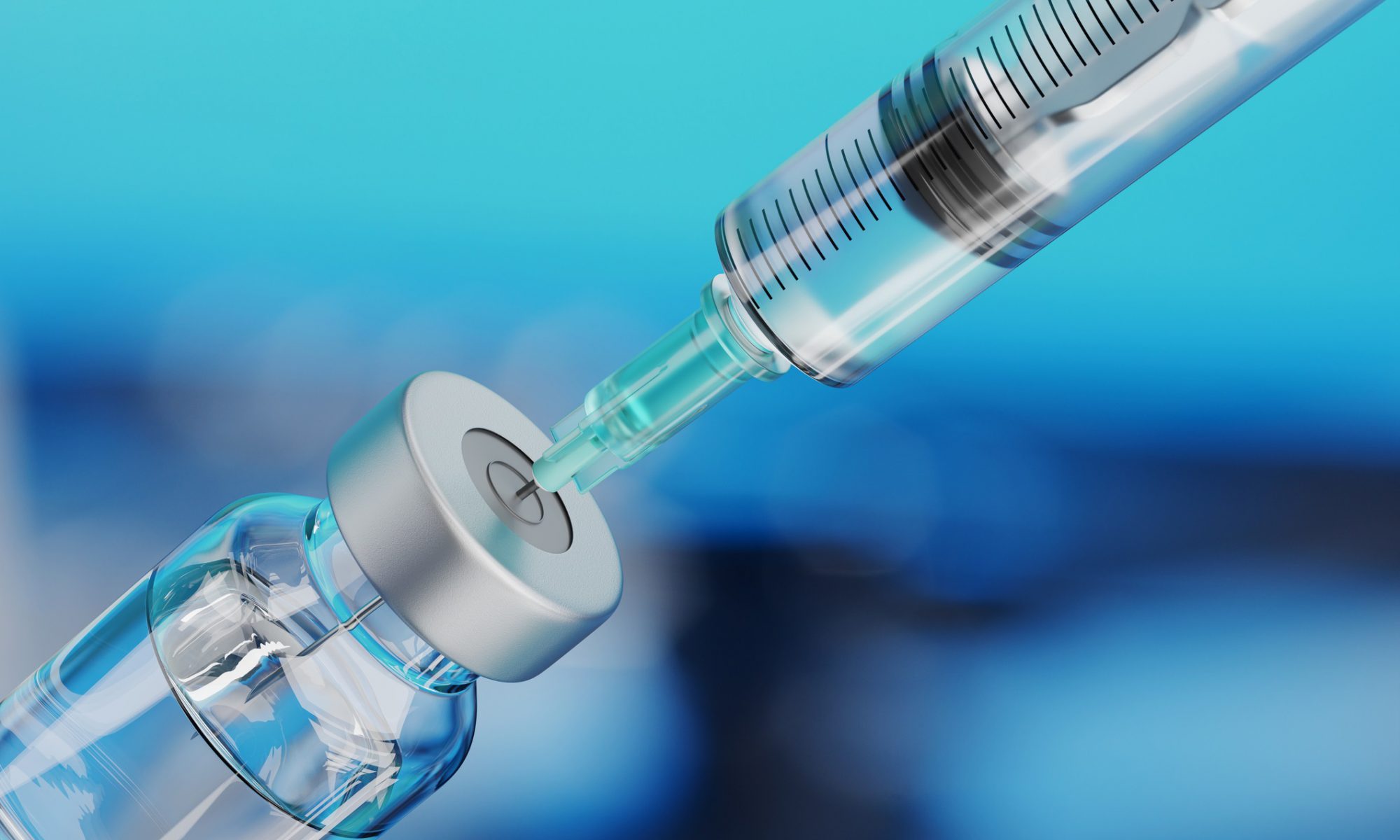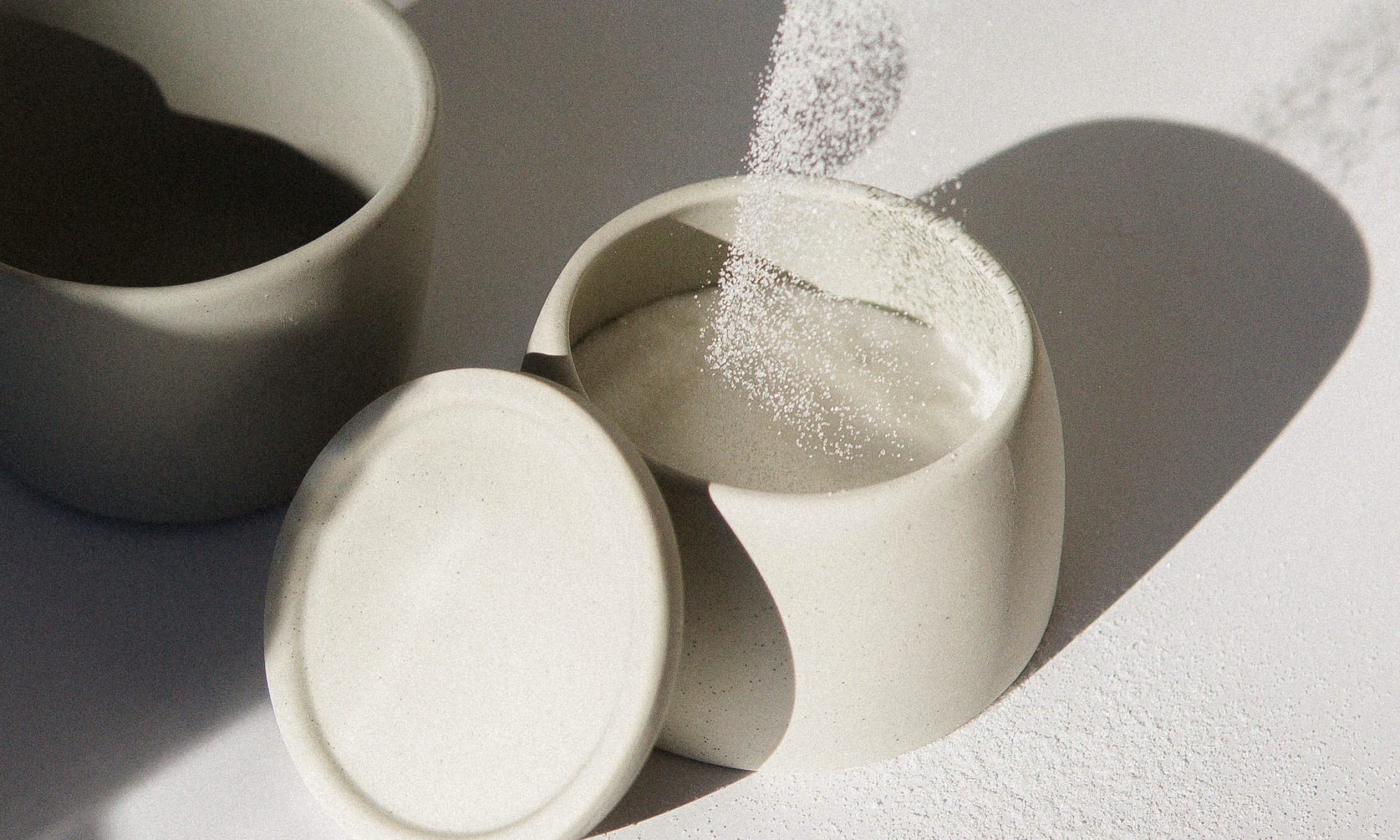Liver transplants from drug overdose donors rose significantly in the pandemic’s first year, helping keep the number of liver transplants in the U.S. stable despite COVID-19 disruptions, according to a study to be presented at Digestive Disease Week® (DDW) 2022.
Using the U.S. organ donation registry, operated by the United Network for Organ Sharing, the research team examined characteristics of donors for all solid organ transplants, including livers, during two 14-month periods, both before the pandemic began and afterwards. They identified those transplants from drug overdose donors to determine the extent of changes during the pandemic. Read more from News Medical Life Sciences.







